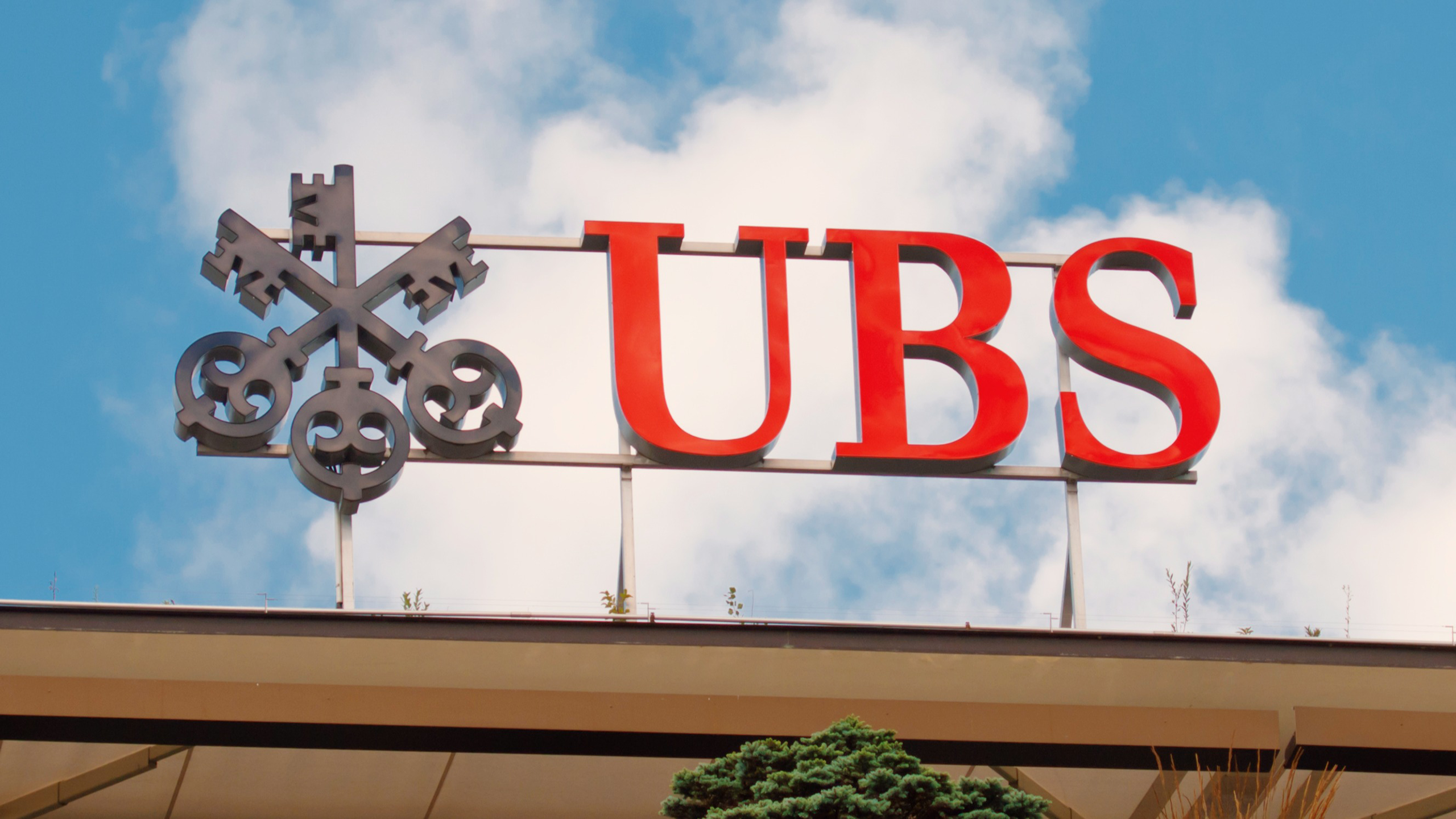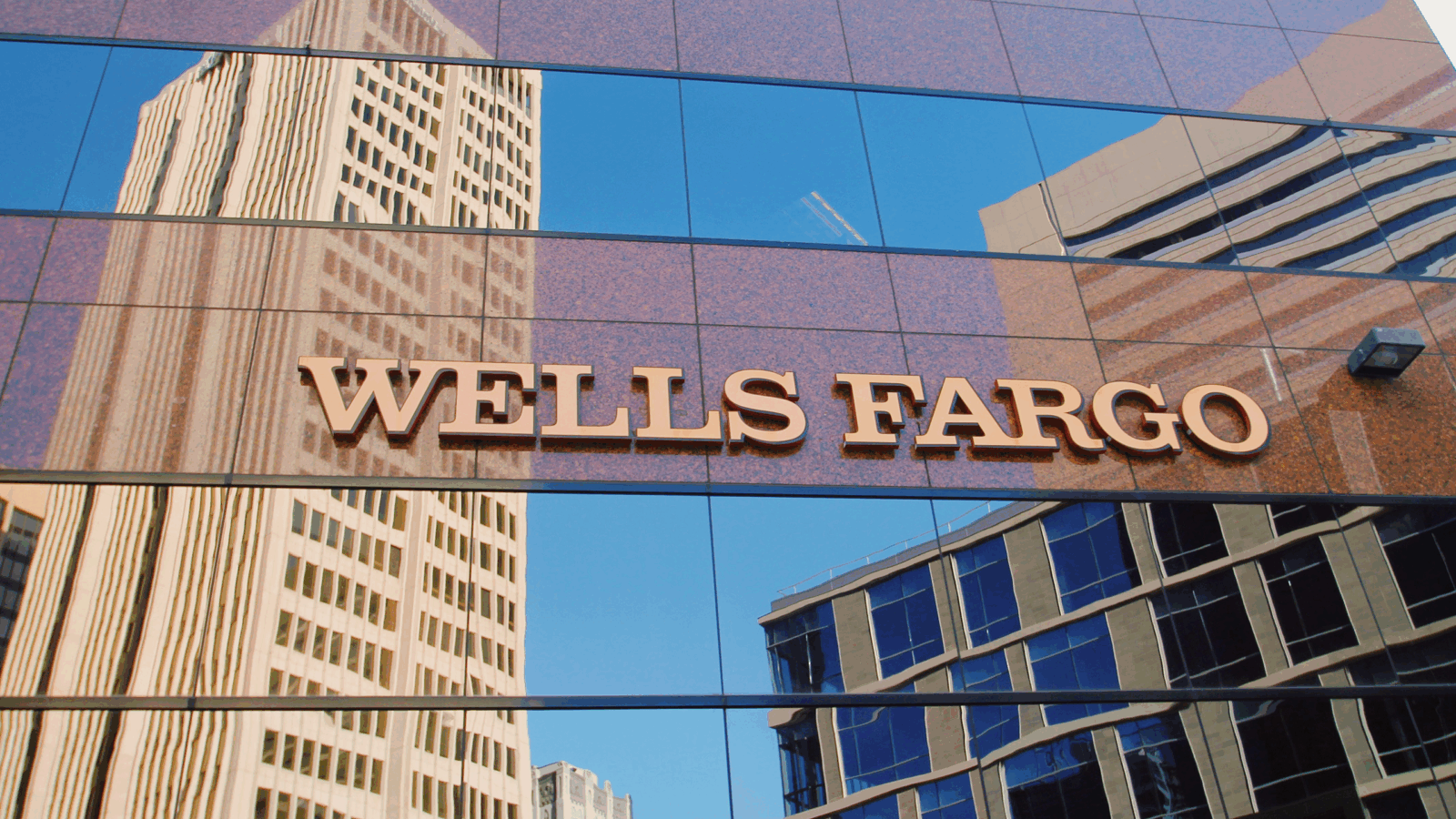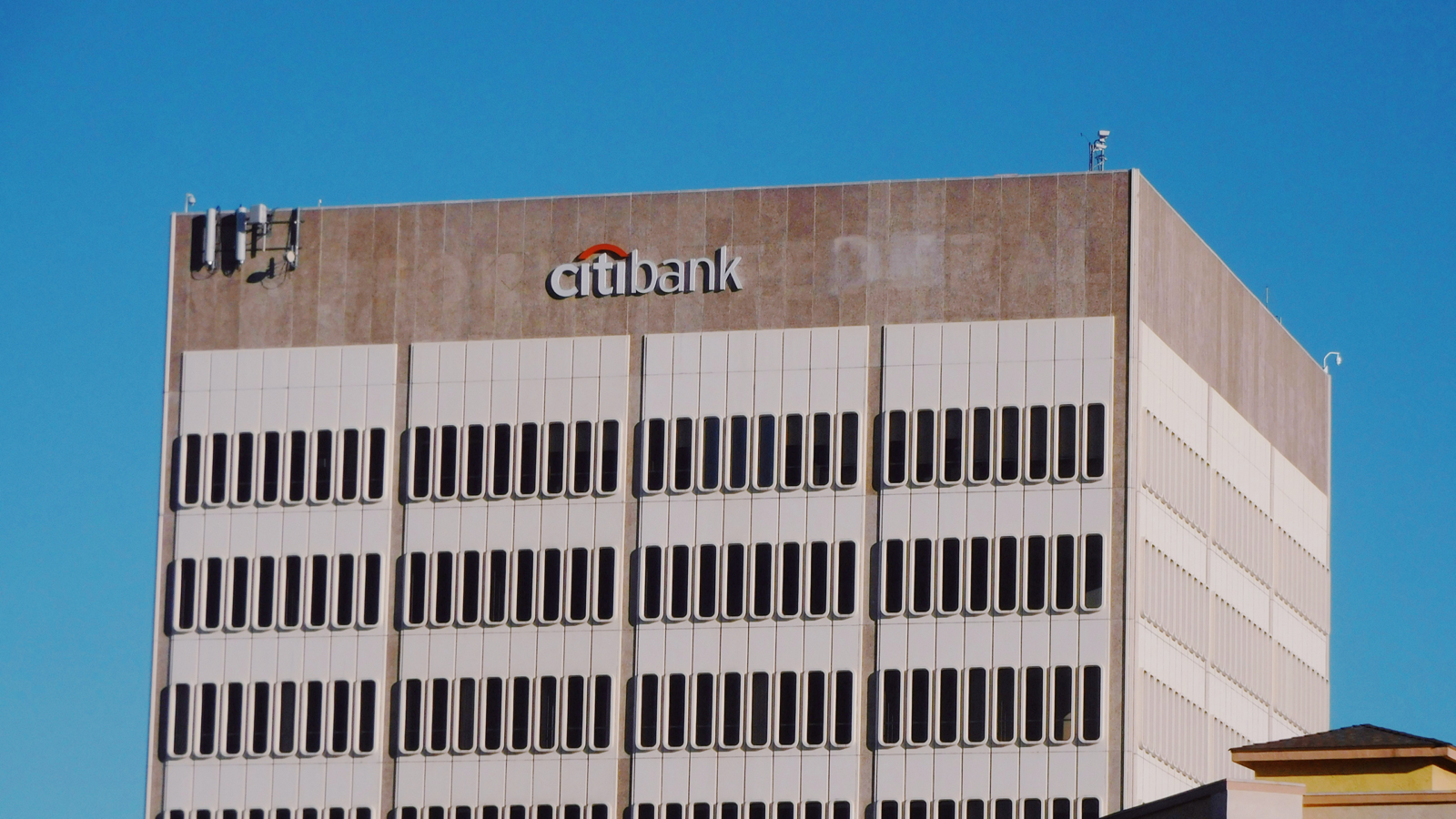UBS Quarterly Profit Doubles Market Forecast
UBS appears to have regained its form, reporting $1.1 billion in net income for the second quarter, doubling analyst estimates.

Sign up for smart news, insights, and analysis on the biggest financial stories of the day.
After more than a year of gastrointestinal episodes following its takeover of rival Credit Suisse, Swiss banking giant UBS appears to have regained its form.
The Zurich-based bank reported $1.1 billion in net income for the second quarter on Wednesday, doubling analyst estimates.
A Scandal-Plagued Bargain
UBS bought Credit Suisse on the cheap for $3.2 billion in a Swiss government-arranged marriage in June 2023, creating a global banking juggernaut with $1.7 trillion in assets. In the leadup to its collapse, Credit Suisse saw volatile results, executive turnover, investor withdrawals, and too many scandals to list in a single newsletter. Allegations of forex manipulation, drug money laundering, tax avoidance, asking investors to destroy documents on their business with Russian oligarchs — Credit Suisse (allegedly) did it all.
While the initial takeover led to a $27 billion net profit for the second quarter last year, that was an accounting gain reflecting the bargain-bin price UBS paid for Credit Suisse. The following two quarters, marked by $785 million and $279 million losses, laid bare the growing pains. Tens of thousands have been or will be laid off in ongoing restructuring, but Wednesday’s results offered evidence that the integration is smoothing out faster than expected:
- UBS’ investment bank unit posted a $477 million profit before tax, beating expectations on the strength of higher global revenues. Meanwhile, the all-important wealth management business saw $27 billion in net new assets during the quarter — its $871 million pre-tax profit was below expectations due to higher compensation costs for financial advisors, but was nevertheless solid.
- UBS expects to achieve $7 billion in gross cost savings by the end the year, more than half of its $13 billion savings target for late 2026. The bank has also reduced by 42% the Credit Suisse assets marked for wind-down last year, including $8 billion in the second quarter.
In the Crosshairs: “The biggest risk we now see is that UBS fails to improve profitability over the longer term,” S&P Global Ratings analyst Anna Lozmann told The Banker. One mitigating factor could be government plans to overhaul bank capital rules, which could require UBS to secure much more capital to back its foreign subsidiaries. Early estimates say it could set the bank back an extra $15 billion to $25 billion.











